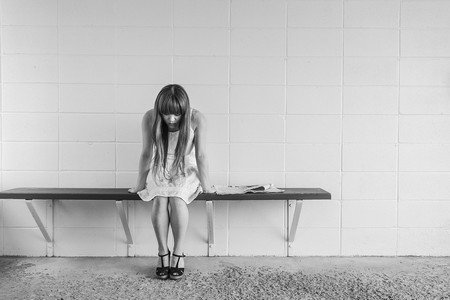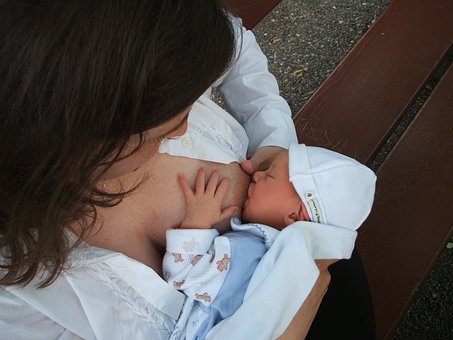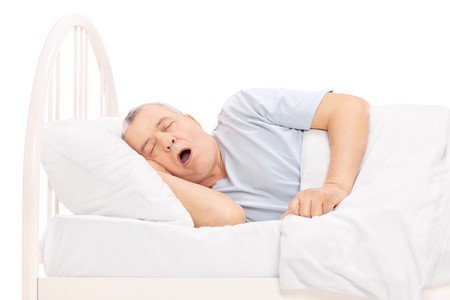Studies show that approximately 300 million suffer from depression all over the world. The symptoms of depression are constant and they affect all aspects of life from work to home and food to sleep! Sleep disorders or issues are major signs of depression. The majority of people seek medical help for depression due to these sleep issues. Depending upon the type and stage of depression, sleep issues may vary among each individual.
As sleep and depression are interrelated, a person may suffer from the following sleep issues:
- Early awakening
- Restless sleep
- Lack of sound sleep
- Oversleeping
- Feeling drowsy during the daytime
Other alarming symptoms of depression
- Weight gain or weight loss
- Lack of concentration
- Anxiety and suicidal thoughts
- Fatigue and restlessness
- Excessive hunger
- Social isolation

Understanding the connection between sleep and depression
Repetitive negative thoughts or anxiety may make it difficult for a depressed person to sleep peacefully. While on the other hand, due to fatigue and lack of interest in other activities, a depressed person may even oversleep. Sleep issues may be related to various underlying diseases but it may possibly also be due to depression. Research states that around 15% of depressed people suffer from insomnia or have oversleeping issues. Likewise, people who suffer from insomnia have a high chance of suffering from depression in the future. Obstructive sleep apnea – OSA is also linked with depression and people suffering from OSA are at greater risk of falling prey to depression.

How to get over sleep issues during the depression?
During depression, a person goes through though time-fighting with his own thoughts and sleep issues both at the same time! Hence, through proper consultation with a doctor, one can get rid of sleep issues in the following ways:
Counseling and psychotherapy:
Some of the main causes of depression are stress and hypertension. In this case, personal counseling sessions and psychotherapy can help the patient get over his negative thoughts and bring down his anxiety levels. This makes the patient mentally relieved and contributes to uninterrupted sleep.
Medications and anti-depressants:
Depending upon the symptoms and level of depression, the doctor may suggest certain medicines to cure your symptoms and prescribe some anti-depressants for instant relief to cure sleep and depression symptoms.
Sleeping pills:
Although sleeping pills are not the best option yet depending on the depression level doctor may prescribe sleeping pills to certain depressed patients. Sleeping pills give instant relief from sleep issues but they cannot be continued for a long time, as one may get addicted to it. It may have adverse effects on the health of the concerned person in the end.
Focusing on mental health:
If you suffer from depression, practicing mental health exercises like yoga or meditation can prove very beneficial in improving your mental health. Yoga asanas like Balasana, Sethu Bandhasana, Halasana, Uttanasana, Savasana, etc., are quite beneficial for fighting depression. These yoga asanas release stress and anxiety and relax your body. Yoga also helps in proper blood circulation and digestion. This further facilitates the smooth functioning of the mind and body.
Ref:
https://www.sleepfoundation.org/articles/depression-and-sleep
https://www.webmd.com/depression/sleep-depression#1
https://www.stylecraze.com/articles/yoga-poses-that-will-help-you-fight-depression/#gref




